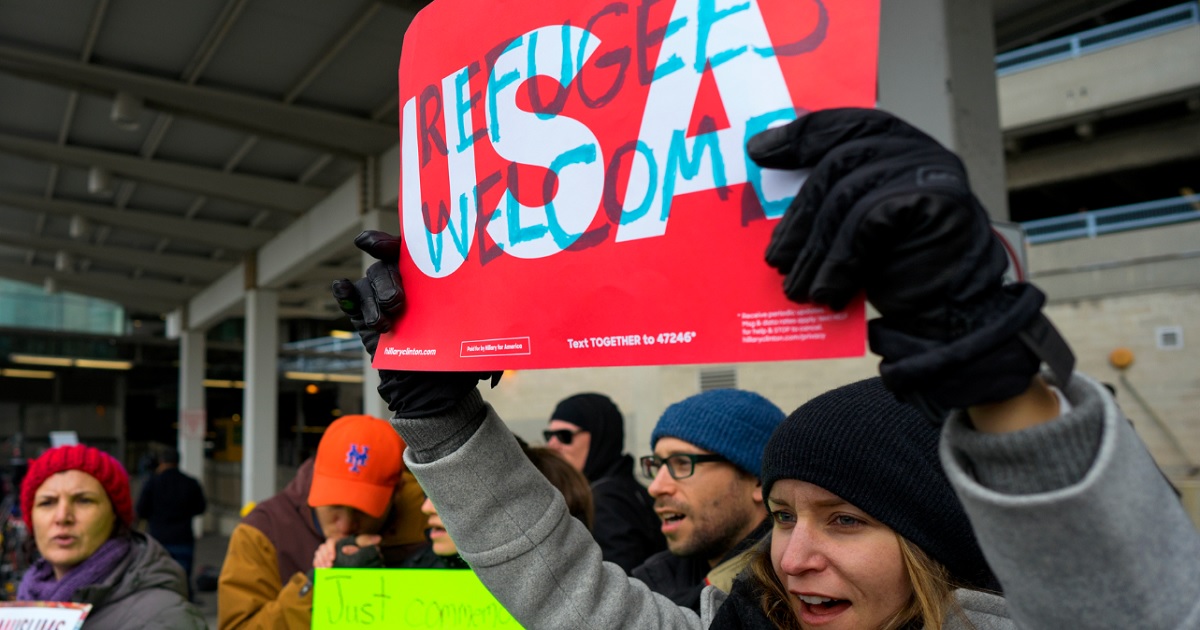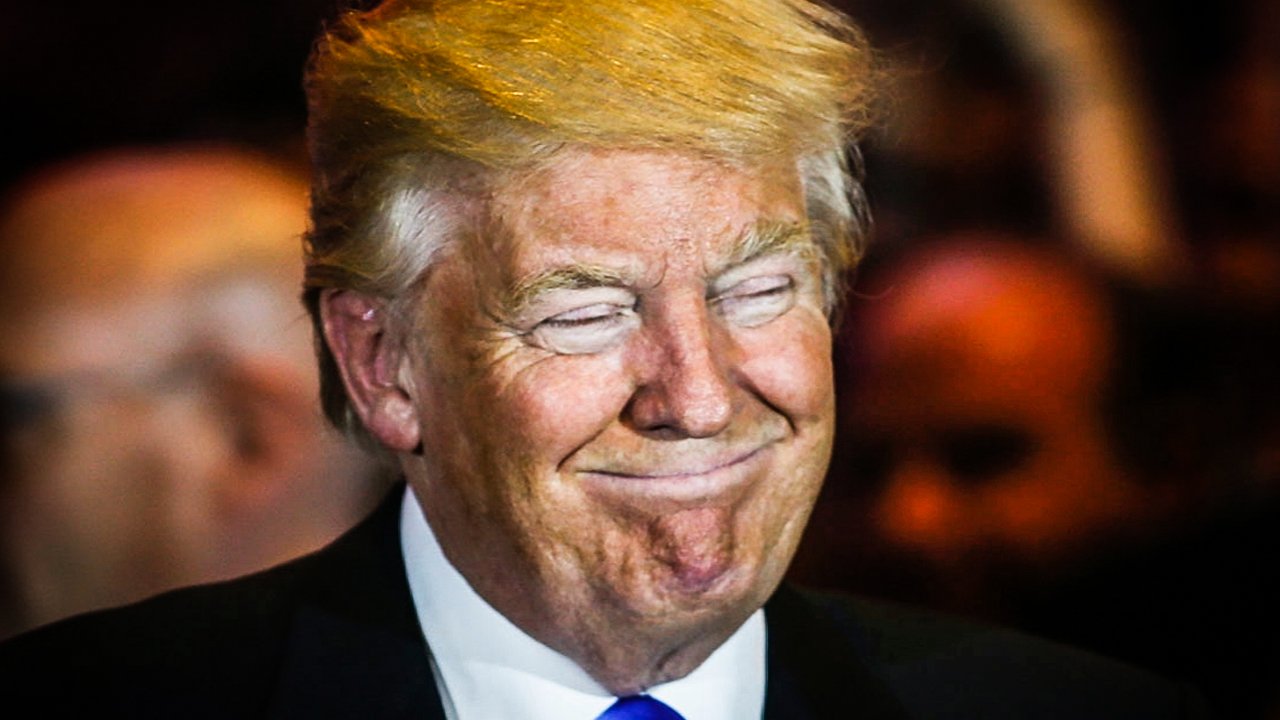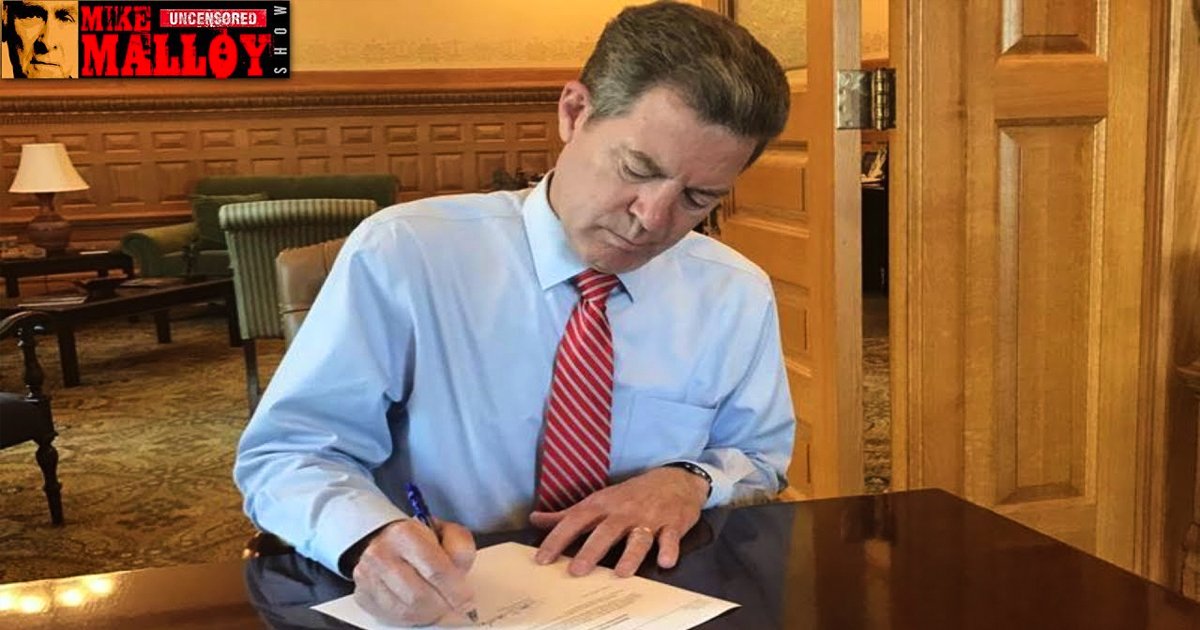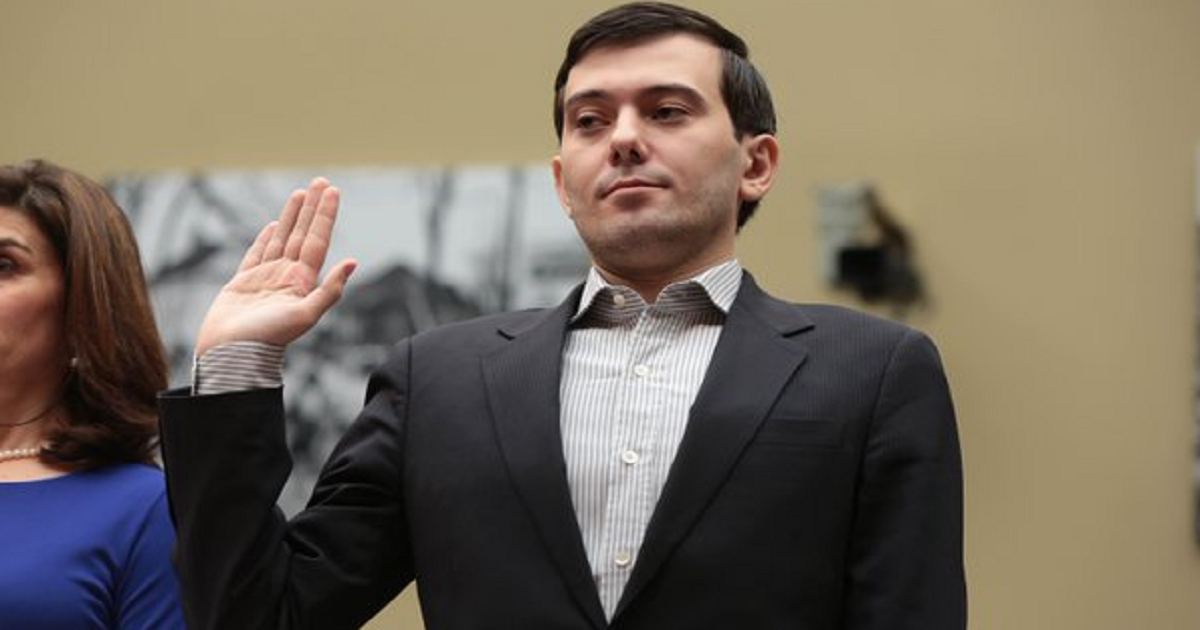The Supreme Court on Monday handed down several decisions, one of which was to allow certain portions of President Trump’s travel ban to take effect until the court can properly rule on the entire case later this year.
In a confusing decision, the courts decided that Trump’s travel ban, referred to by many as a Muslim ban, can be applied on a case-by-case basis.
In October, the Supreme Court will hear the entire case and rule on whether or not the ban in its entirety will either be struck down or ruled constitutional.
The decision is a surprising and disappointing one, particularly because of how many lower courts have already ruled the current ban, as well as an earlier version, wholly unconstitutional.
Though the October decision will be heavily anticipated, the temporary enforcement of the ban on a limited basis is sure to cause confusion. The SCOTUS ruled that in the meantime, the ban will be applied to those individuals from the six Muslim-majority nations who do not have “bona fide” relationships with individuals in the U.S..
The temporary ruling said that anyone who falls under a long list of “relationships” may gain access to America, skirting the ban. If one has family in the states, or if they are seeking entry to the U.S. as part of education or employment, the ban will not apply.
However, the opinion also gives an example of a “relationship” or “connection” that could not exempt a person from the ban:
SCOTUS decision says travel ban can go ahead against people “who have no connection to the US at all.” But not against those with ties here pic.twitter.com/AdYOxupmTP
— Marcelo Rochabrún (@mrochabrun) June 26, 2017
Still, the vague interpretation of a “bona fide” relationship is sure to create a complicated situation.
This is going to be so hard to litigate. What counts as “no connection?”
Does a lover count? A dear friend?
Who defines human connection? https://t.co/HU4UW2CmLi
— Jack Jenkins (@jackmjenkins) June 26, 2017
The limited ban is not only needlessly complicated, but also concerning to anyone who believes the ban is based on religious discrimination and therefore unconstitutional.
This short-term ruling seems to indicate that a positive outcome is not guaranteed in October, despite lower court precedent. Clarence Thomas, Samuel Alito, and Neil Gorsuch all voted to have the full ban implemented in the interim.
President Trump implemented his first travel ban via Executive Order shortly after taking office. After being struck down and protested by millions, Trump rescinded that order and issued another one, this time one which exempted Iran from its banned list and softened some of the language. The ban was later struck down as well.





